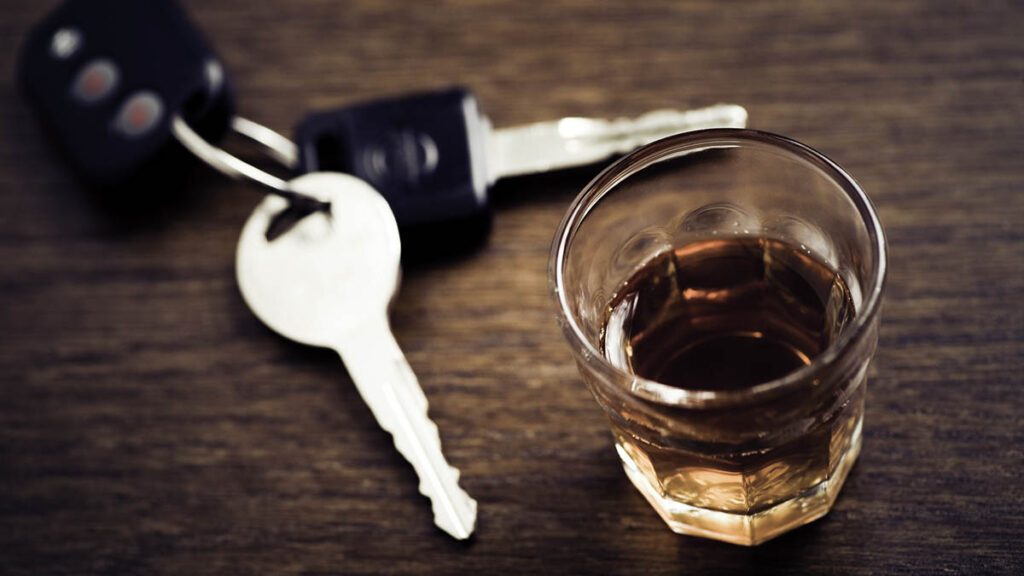
Post Traumatic Stress Disorder (PTSD) after a car wreck can add to the emotional, physical and financial fallout.
If you or a loved one suffer serious, traumatic injuries in a car collision, please don’t hesitate to contact me by phone at 864-235-4999 by tapping the button below or through our contact form.
In my law practice, I have represented many clients who have been involved in serious car collisions. I have seen first-hand the emotional and mental suffering that can occur after a car crash. A serious car wreck is traumatic, but not just from a physical standpoint. A car wreck can be emotionally traumatic as well.
Post-Traumatic Stress Disorder caused by Car Wreck
Every day, modern medicine is learning and discovering more and more about post-traumatic stress disorder. And PTSD is a recognized diagnosis. The American Psychiatric Association included PTSD to the third edition of its Diagnostic and Statistical Manual of Mental Disorders (DSM-III) in 1980. The scientific basis of PTSD is a focus on a traumatic event or occurrence. For example, trauma caused by a serious car wreck.
The Mayo Clinic defines post-traumatic stress disorder as “a mental health condition that’s triggered by a terrifying event — either experiencing it or witnessing it.” Going through a terrifying or traumatic event in which a person’s life or safety is placed in jeopardy, can cause post-traumatic stress disorder. Moreover, seeing or witnessing an event that threatens, or places, the life of another in jeopardy, can also cause PTSD.
A car wreck can cause PTSD. In many instances, a car wreck can cause serious injury and expose a person to a “brush with death”. Surviving a “brush with death” makes us understand, in a very deep way, the fragility of our existence. Deeply understanding and experiencing the fragility of existence is alarming, scary, and terrifying for many. In fact, it can cause very high levels of stress in an average person. Thus, the diagnosis of PTSD.
PTSD – What are the symptoms?
The Mayo Clinic describes PTSD symptoms to include intrusive memories, and “[r]ecurrent, unwanted distressing memories of the traumatic event”. Flashbacks, upsetting dreams or nightmares of the car wreck, and severe emotional distress or physical responses to something that may remind you of the car wreck are all symptoms of PTSD, according to the Mayo Clinic.
South Carolina Law on Mental Suffering
In 1946, the South Carolina Supreme Court stated that “[m]ental pain and suffering in connection with a wrong . . . is a proper element of actual damages where it is the natural and proximate consequence of the wrong.” Shuler v. Heitley, 209 S.C. 198, 202, 39 S.E.2d 360, 361 (1946). In fact, the South Carolina Supreme Court recognized mental pain and suffering as an element of damage going back to at least 1908 in another case. So South Carolina courts have a long tradition of recognizing and compensating a person for mental pain and suffering caused by a wrongful act, such as any mental trauma, or PTSD, caused by a car wreck, even when that injury is caused to the nervous system itself.
What should you do?
After you have been involved in a serious car wreck, you may not understand why you’re suffering from flashbacks, nightmares, or other painful thoughts of the car wreck. You could very well be suffering from PTSD. Suffering PTSD after a serious car wreck in which your life was placed in jeopardy, is a normal occurrence. You are not different. You are not alone. PTSD is a condition, like any other condition, that requires treatment from a professional. Never be ashamed to seek out treatment. Tell your family doctor about the feelings you’re experiencing. Never attempt to self-treat or self-medicate. Be aware of the symptoms and seek out professional help.
A broken mind, or a broken nervous system, is the same as a broken bone. The law makes a negligent car driver pay you for causing you mental distress and emotional suffering, including PTSD. As part of your case investigation, we will evaluate the evidence to determine if you may be suffering from post-traumatic stress disorder. If you’re diagnosed with PTSD, we will seek out compensation for you for those injuries.
If you or a loved one are seriously injured, please don’t hesitate to request your free consultation via the form below.
[contact-form-7 id=”3838″ title=”Contact Us”]

